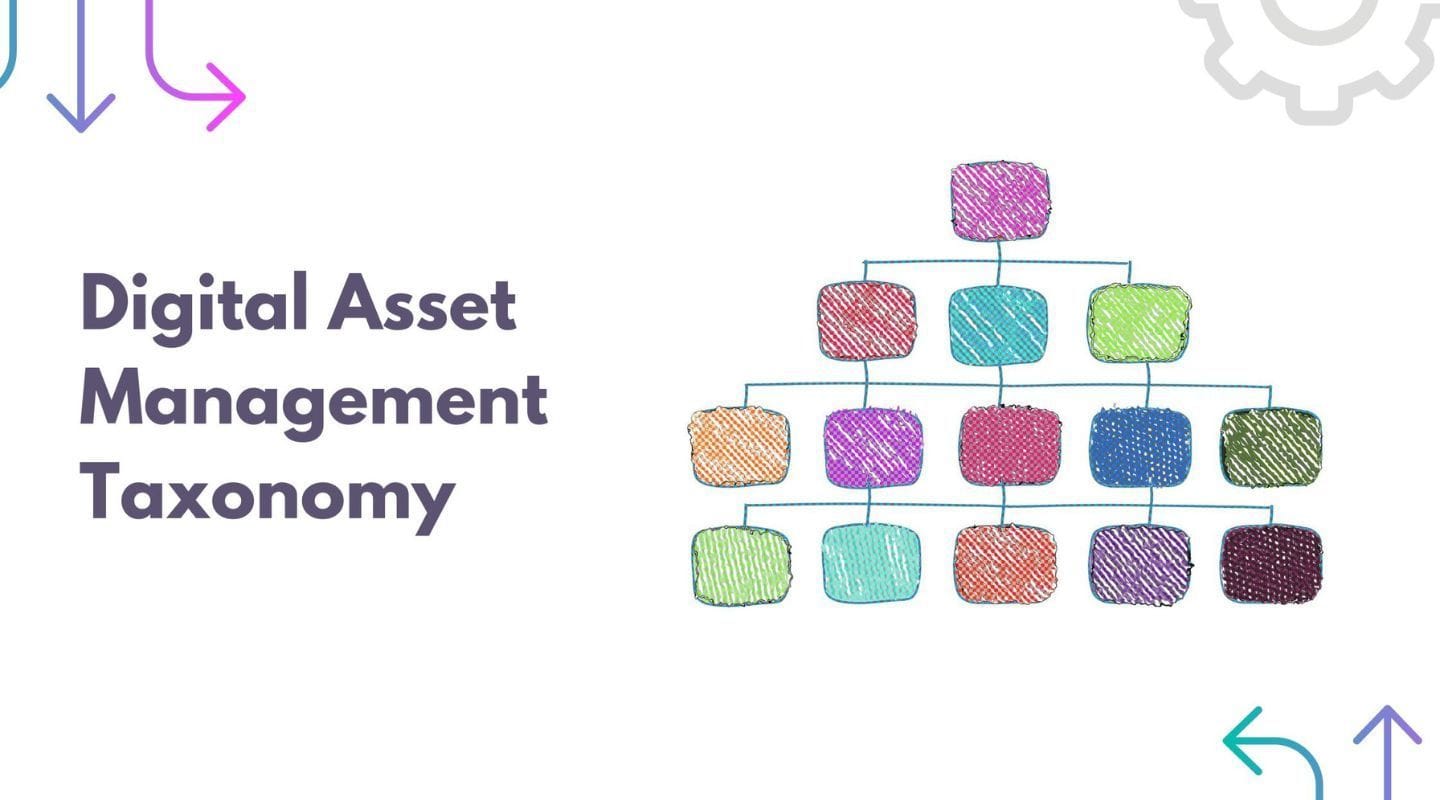In recent years, the importance of mental health has gained significant recognition, leading to a surge in resources available within local communities. As awareness of mental health issues continues to grow, many organizations and local governments are taking proactive steps to ensure that individuals have access to the support they need.
One of the most notable developments is the increase in community-based mental health programs. These initiatives often include counseling services, support groups, and educational workshops aimed at reducing stigma and promoting mental wellness. For instance, the National Alliance on Mental Illness (NAMI) has reported a 30% increase in local chapters offering peer support programs over the past year alone.
Additionally, many communities are now integrating mental health services into primary care settings. This approach not only makes it easier for individuals to seek help but also encourages a holistic view of health that includes mental well-being. According to a recent study published in the Journal of Community Health, communities that have adopted this model have seen a 25% increase in individuals seeking mental health care.
Telehealth services have also played a crucial role in expanding access to mental health resources. With the rise of digital platforms, individuals can now connect with mental health professionals from the comfort of their homes. This has been particularly beneficial for those living in rural areas where access to in-person services may be limited. A report from the American Psychological Association indicates that teletherapy usage has increased by over 50% since the onset of the COVID-19 pandemic, highlighting the growing acceptance and effectiveness of virtual care.
Local governments are also investing in mental health initiatives. For example, cities like San Francisco and New York have allocated significant funding towards mental health outreach programs, aiming to provide services to underserved populations. These efforts are crucial in addressing the mental health crisis exacerbated by the pandemic, as many individuals are experiencing heightened levels of anxiety, depression, and isolation.
As communities continue to expand their mental health resources, it is essential for individuals to be aware of the available options. Local hotlines, community centers, and online platforms are excellent starting points for those seeking help. Furthermore, educational campaigns aimed at reducing stigma can empower individuals to reach out for support without fear of judgment.
In conclusion, the expansion of mental health resources in local communities is a positive step towards fostering a supportive environment for individuals facing mental health challenges. By prioritizing mental wellness and making resources more accessible, communities are paving the way for healthier, more resilient populations.
Sources:
– National Alliance on Mental Illness (NAMI)
– Journal of Community Health
– American Psychological Association



